Publications
Articles, publications, books, tools and multimedia features from the U.S. Institute of Peace provide the latest news, analysis, research findings, practitioner guides and reports, all related to the conflict zones and issues that are at the center of the Institute’s work to prevent and reduce violent conflict.
Question And Answer
Amid a Changing Global Order, NATO Looks East
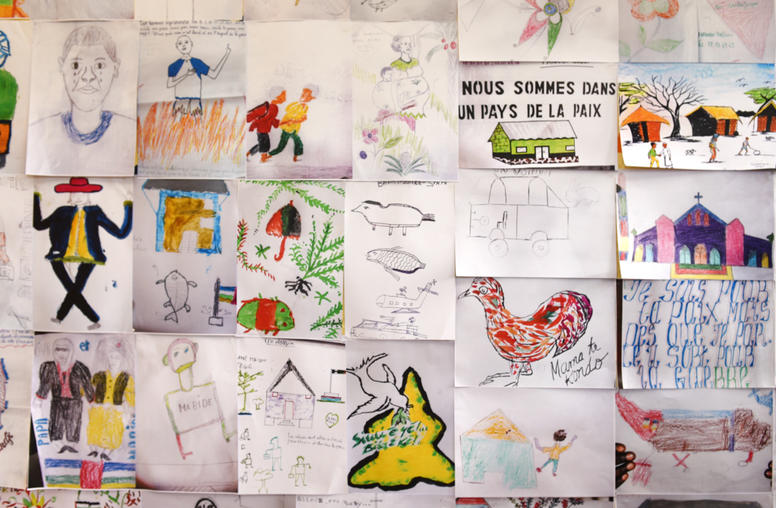
Q&A: Central African Republic Waiting for Peace
Nine months after the Central African Republic (CAR) held free, peaceful and democratic elections for president and parliament, the country continues to struggle for stability and progress. Half of the country remains in need of humanitarian aid, and an increase in violent incidents since September threatens to destabilize any progress made to date. At the end of November, clashes between factions of the ex-Séléka, a formerly united alliance of primarily Muslim armed groups, left 85 dead, 76 injured and 11,000 newly displaced.
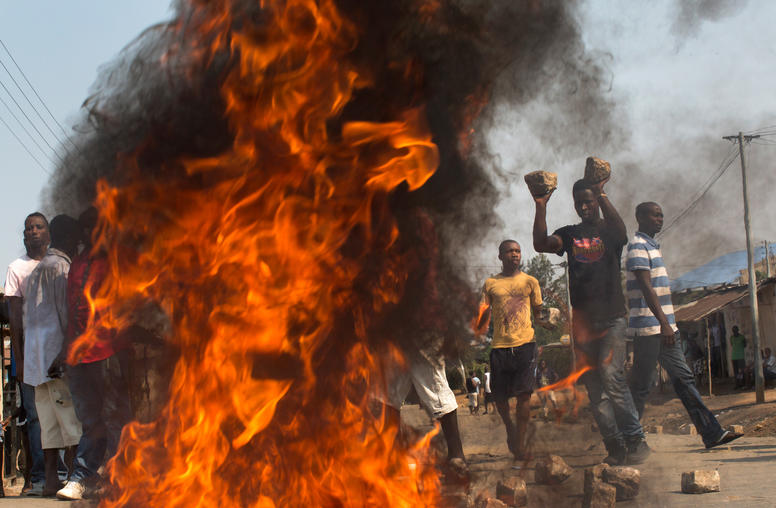
Q&A: What Works in Preventing Election Violence
The elections this year in the Philippines, the Democratic Republic of the Congo, Gabon and even the United States, demonstrate how high-stakes elections frequently trigger anxiety, tension or even violence or the threat of unrest. Properly managed elections allow opposing groups to press their claim to power through a peaceful process. But in fragile democracies, elections frequently feature intimidation or violent protest. U.S. Institute of Peace Senior Program Officer Jonas Claes, editor o...
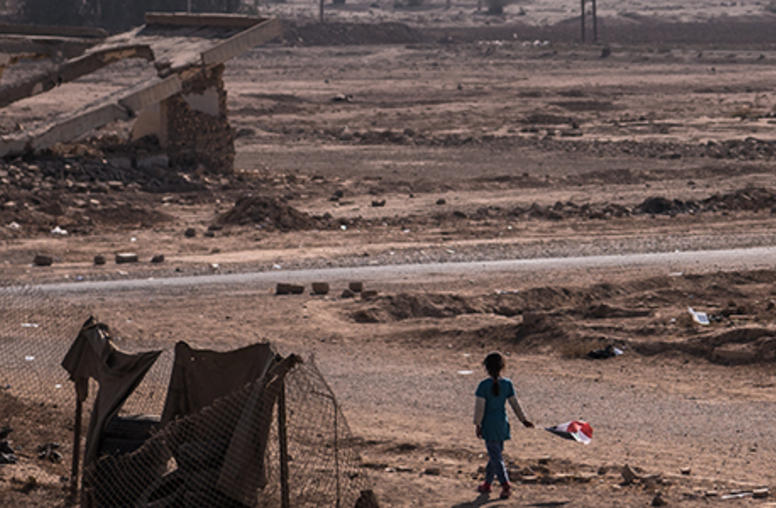
From ISIS to Al-Qaida: The Changing Extremist Threat
The Islamic State may be crumbling across Iraq, but the future prospects of violent extremist groups are far from fading. While ISIS rampaged across Iraq and Syria in 2014, setting up a terror-based regime to impose its will, a revitalized al-Qaida was taking a different, more sustainable approach by grafting itself onto local extremist groups, experts said in a forum at the U.S. Institute of Peace that also examined community approaches to preventing and countering violent extremism. Al-Qaid...
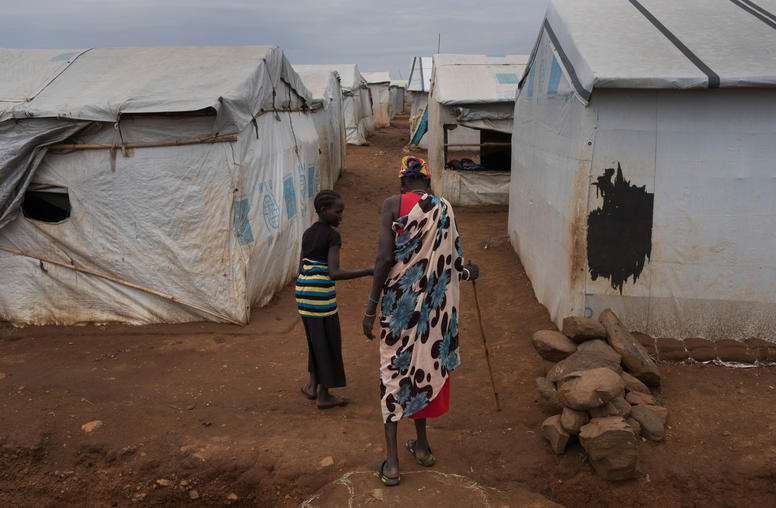
South Sudan: Looming Genocide, Plans for Prevention
The likelihood that South Sudan will descend into genocide and mass starvation is growing by the day, say diplomats, advocates and journalists familiar with the central African nation. Violence has spread to previously peaceful regions, propelled by a political breakdown that increasingly is becoming a clash of ethnic groups. Efforts to mediate between the government and the armed opposition have collapsed. Action by the U.S. and the international community is needed urgently to prevent furth...
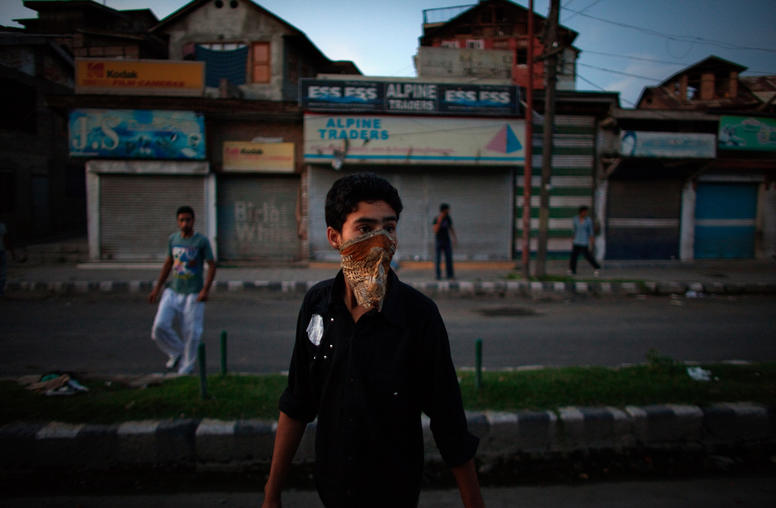
India-Pakistan Needs Trump Administration’s Focus
Relations between India and Pakistan are becoming less predictable as nationalist sentiments in India heighten political pressure there to escalate its response to clashes in the disputed territory of Kashmir, specialists on the two states said. The incoming administration of President-elect Donald Trump should develop clearer U.S. policies to ease strains between the nuclear-armed states, the analysts said at the U.S. Institute of Peace.
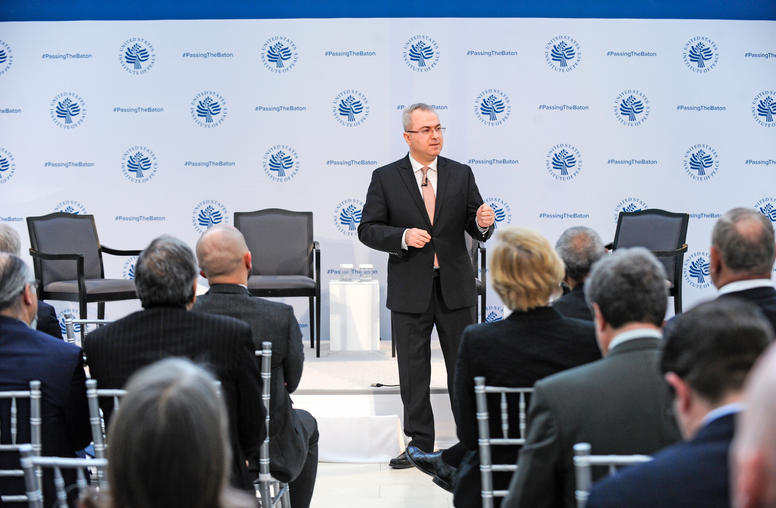
Cooling Iraq’s Conflict With Community Dialogue
The violence of extremists—and the chaos they spawn—takes place in towns, villages, streets and homes, not along some far-off front line. That’s where extremist groups seek recruits and where residents they victimize plot revenge, said the U.S. Institute of Peace’s Sarhang Hamasaeed in a Ted Talk-style presentation during the Jan. 10 “Passing the Baton” conference. While national and international efforts to bring peace to such areas can help, dialogue and mediation at the community level has...
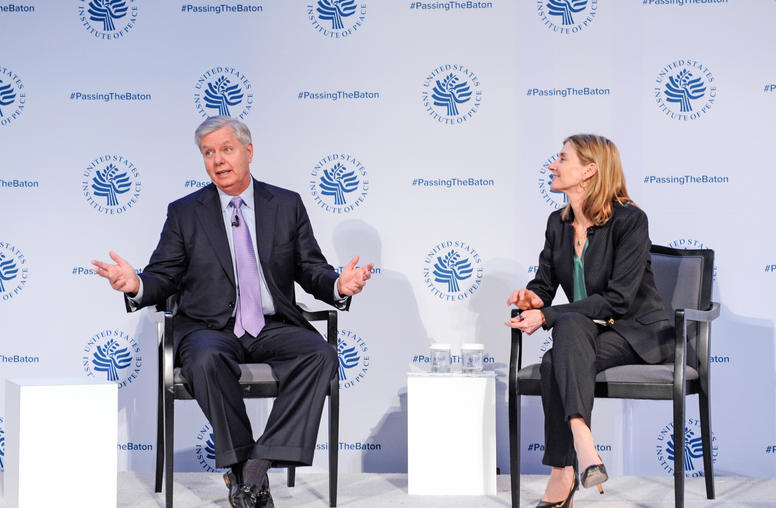
Senator Graham Urges Trump to Back Development Aid
Senator Lindsey Graham said President-elect Donald Trump needs to understand that foreign assistance is a critical tool for fighting terrorism around the world and requires a jolt in spending no less than his proposed boost for the military. Speaking at the U.S. Institute of Peace’s “Passing the Baton” conference on Jan. 10, the South Carolina Republican said that, without more resources for intelligence and for humanitarian and development aid, the new administration “will miss the boat on w...
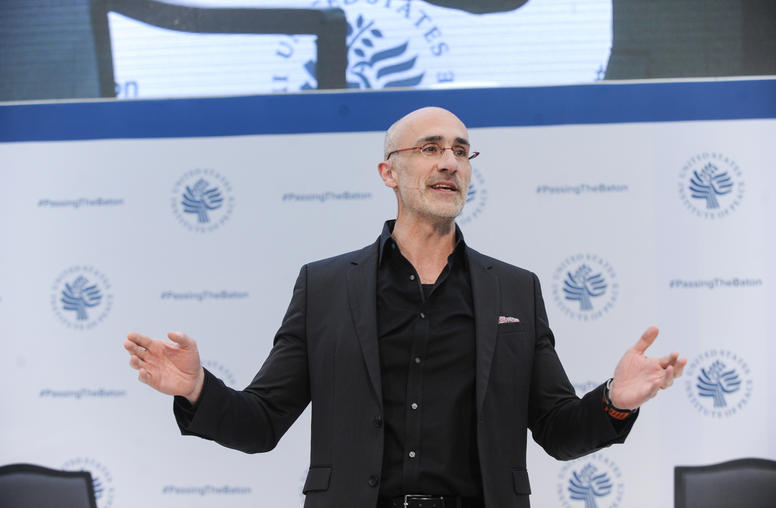
'Political Peace' Is Possible, Says AEI President
Arthur Brooks, an economist and musician who is president of the American Enterprise Institute, said the cause of the current U.S. political rifts has been misdiagnosed and outlined a prescription for achieving “maybe the most elusive kind of peace of all around the world today.” In a presentation at Passing the Baton, a conference at the U.S. Institute of Peace that was co-sponsored by his think tank and four others, Brooks declared, “Political peace is possible.”
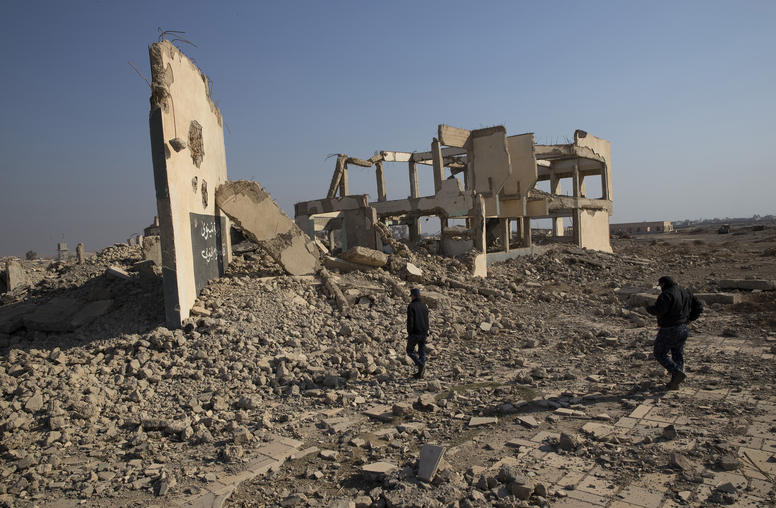
As Global Violence Expands, How Can Aid Adapt?
The speakers from OECD, meeting at the U.S. Institute of Peace, examined the ramifications for the aid community and others trying to address the burgeoning problem of fragility, when a state is weakened because its government is either unable or unwilling to meet the needs of its citizens.
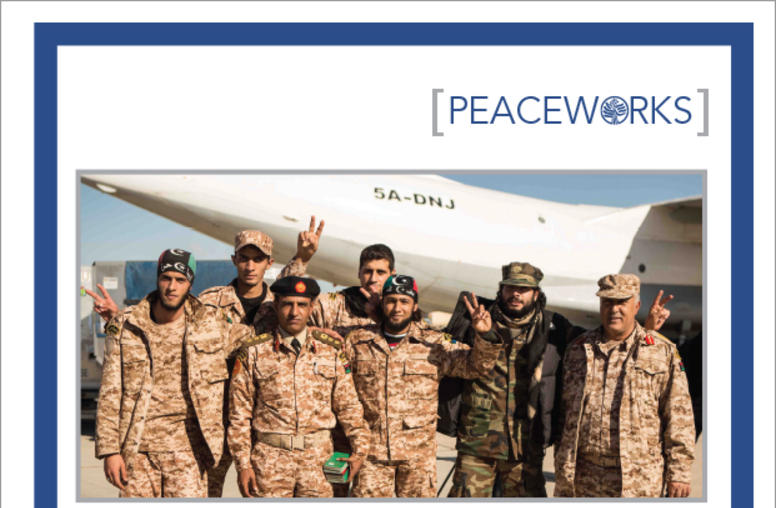
Perceptions of Security in Libya
Three years after the fall of Muammar Gadhafi and his regime, Libya is again on the brink of civil war. Various circumstances underlie this predicament—mistrust between regions, political power struggles, and sporadic and uncoordinated security and justice sector reforms. So that better understanding of the security needs of Libyan citizens today is possible, this report assesses the popular legitimacy of security providers in the country today and identifies their local, religious, and legal...